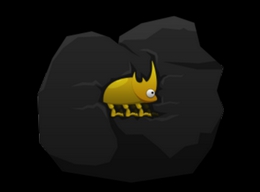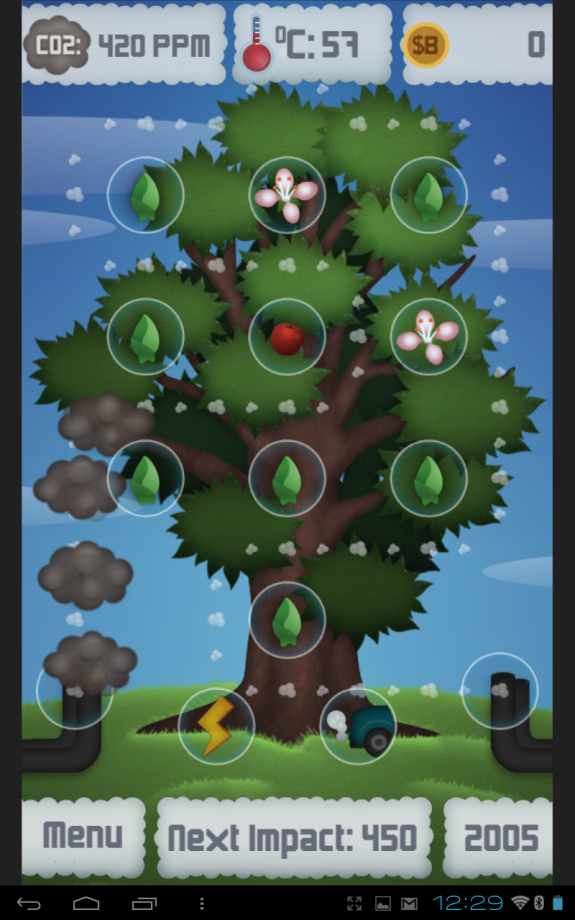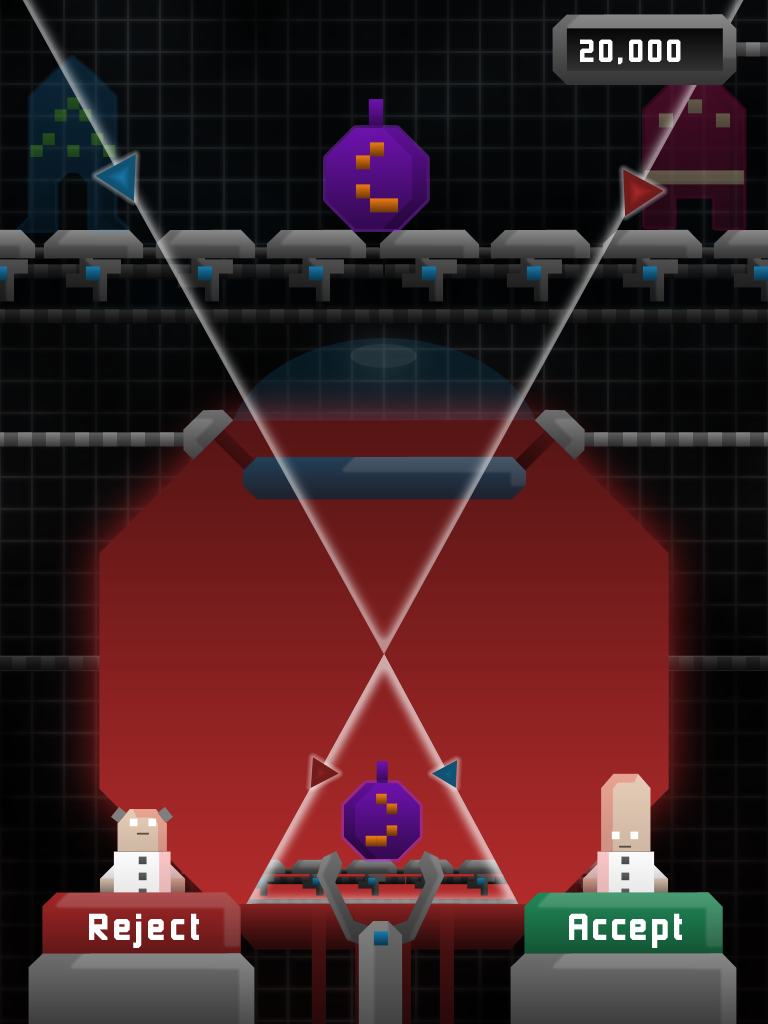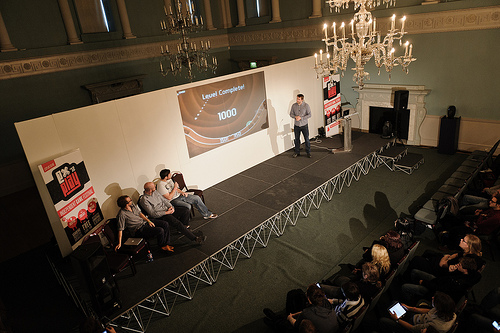Unity Technologies, a games development software company, will support the Royal Society in creating fun interpretations of the science that will be on show at this year’s Exhibition. Of the 23 exhibits taking part this year, 5 will be selected to take part in the game jam. The Royal Society is partnering with indie game distribution portal, IndieCity, to share the games produced at the jam.
The game jam will take place at the Royal Society in London. Five development teams of up to 4 developers will be partnered with the selected exhibitors for an all-day game jamathon from 10am - 10pm. Each development team will receive £2,000 to further develop their games after the game jam so that they are ready to be played at the Summer Science Exhibition which runs from 1st – 7th July. The games will be available free online and at the exhibition itself so that the public can cast votes for their favourite game. The team that receives the most votes will receive an additional £2,000 to further develop the games once the Exhibition closes.
Professor Peter Sadler, chair of the Royal Society Summer Science Exhibition selecting committee, said:
“The Summer Science Exhibition is one of the highlights of the Royal Society’s year. It provides a unique opportunity for members of the public to interact with scientists and ask them questions about their work. We’re very excited to be introducing a new element to the Exhibition this year in the form of the Games Jam. An increasing number of exhibitors have used games as a way of communicating their science over the last few years and we’re hoping that by giving some of them an opportunity to be part of the Games Jam it will bring state-of-the-art creativity and innovation to their video games and some fantastic news ways of bringing their cutting-edge research to life for our visitors. I’m really looking forward to playing with what’s created on the day!”
The Royal Society invites the UK's talented games development sector to join it in communicating the fun and fascination of science. Interested developers can find out more about the competition and how to apply from the Royal Society's website at bit.ly/RSgamejam .The event's Twitter hashtag is #RSgamejam
This project is being produced for the Royal Society by Auroch Digital (aurochdigital.com) in conjunction with Unity 3D and IndieCity. The accompanying image for the event can be found here.
Links to articles:












